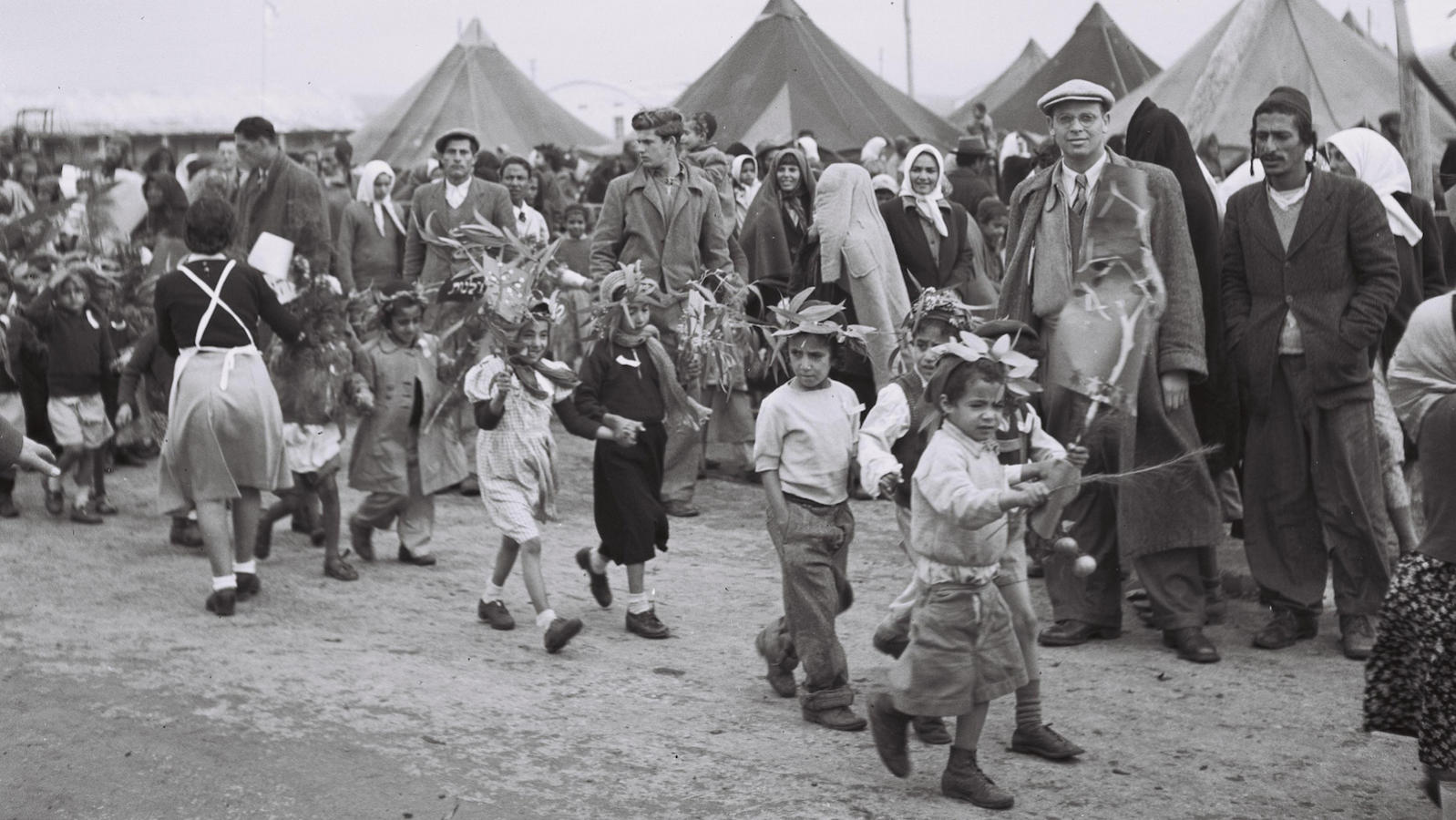What you need to know about Tu B’shvat 2023
Published February 1, 2023
Tu B’shvat or the “birthday” of all fruit trees, is a minor festival. The name is Hebrew for the 15th of the Hebrew month of Shevat. In 2023, Tu B’shvat begins at sundown on Sunday, Feb. 5 and ends at sundown on Monday, Feb. 6.
Tu b’Shvat is first mentioned in the Mishnah as a Rosh HaShanah or a new year for the trees, and in the Talmud is described as the day after which all fruit harvested would be included in the coming year’s calculations for the tithe, the ten percent of the harvest that Jewish farmers had brought to the Temple in Jerusalem.
The Tu B’shvat Seder
In the 16th century, the Kabbalists (mystics) of Tzfat (the city of Safed) in the Land of Israel created a new ritual to celebrate Tu B’shvat called the Feast of Fruits. Modeled on the Passover seder, participants would read selections from the Hebrew Bible and Rabbinic literature, and would eat fruits and nuts traditionally associated with the land of Israel. The Kabbalists also gave a prominent place to almonds in the Tu B’shvat seder , since the almond trees were believed to be the first of all trees in Israel to blossom. Carob, also known as bokser or St. John’s bread, became another popular fruit to eat on Tu B’shvat, since it could survive the long trip from Israel to Jewish communities in Europe. Participants in the kabbalistic seder would also drink four cups of wine: white wine (to symbolize winter), white with some red (a harbinger of the coming of spring); red with some white (early spring) and finally all red (spring and summer).
Complete with biblical and rabbinic readings, these kabbalists produced a Tu B’shvat Haggadah in 1753 called “Pri Etz Hadar” or “Fruit of the Goodly Tree.”
| RELATED: CRC welcomes artist Siona Benjamin for Spiritual Enrichment Shabbat Weekend
| RELATED: Feb. 5: A tree of life Tu B’Shevat seder
| RELATED: Feb. 5: Tu B’Shevat book talk
Zionism and Tree Planting

The early Zionists seized upon Tu B’shvat as an opportunity to celebrate their tree-planting efforts to restore the ecology of ancient Israel and as a symbol of renewed growth and flowering of the Jewish people returning to their ancestral homeland.
In modern times, Tu B’shvat continues to be an opportunity for planting trees — in Israel and elsewhere, wherever Jews live. Many American and European Jews observe Tu B’shvatt by contributing money to the Jewish National Fund, an organization devoted to reforesting Israel (the purchase of trees in JNF forests is also customary to commemorate a celebration such as a Bar or Bat Mitzvah).
Learn more about planting trees on Tu B’Shevat here.
Environmentalism and Tu Bishvat
For environmentalists, Tu B’shvat is an ancient and authentic Jewish connection to contemporary ecological issues. The holiday is viewed as an appropriate occasion to educate Jews about their tradition’s advocacy of responsible stewardship of God’s creation, manifested in ecological activism. Tu B’shvat is an opportunity to raise awareness about and to care for the environment through the teaching of Jewish sources celebrating nature. It is also a day to focus on the environmental sensitivity of the Jewish tradition by planting trees wherever Jews may live.
The Tu B’shvat seder has increased in popularity in recent years. Celebrated as a congregational event, the modern Tu B’shvat seder is multi-purpose. While retaining some kabbalistic elements – and still very much a ritual that connects participants to the land of Israel – the seder today is often imbued with an ecological message as well.
Local Events
NHBZ Tu B’Shevat Lunch & Learn
Rabbi Avi Feigenbaum will present “Happy Birthday Trees; Seeing G-d’s Beauty in Nature” at a Nusach Hari B’nai Zion Lunch and Learn. He will discuss the underlying meaning of Tu B’Shevat, the power of the seven species of the land of Israel and why all of this is relevant to our daily lives. Services begin at 9 a.m. and lunch is approximately at noon. Open to the community. For more information, call 314-991-2100.















